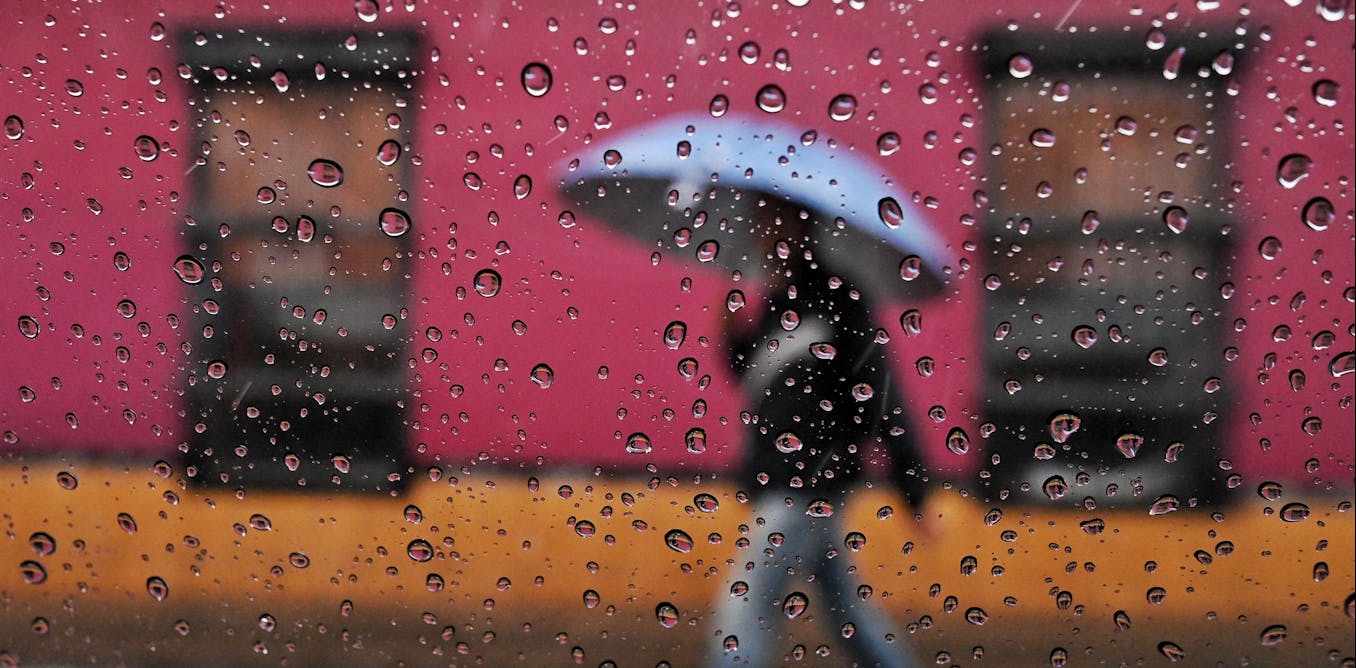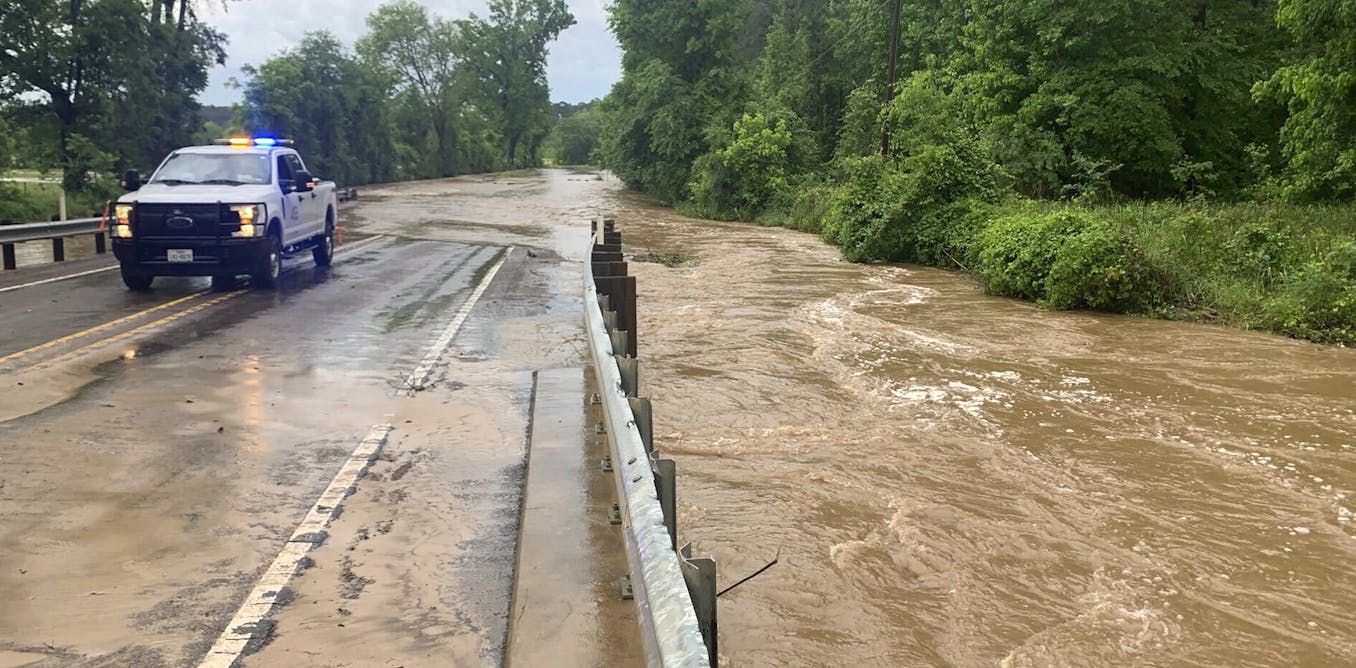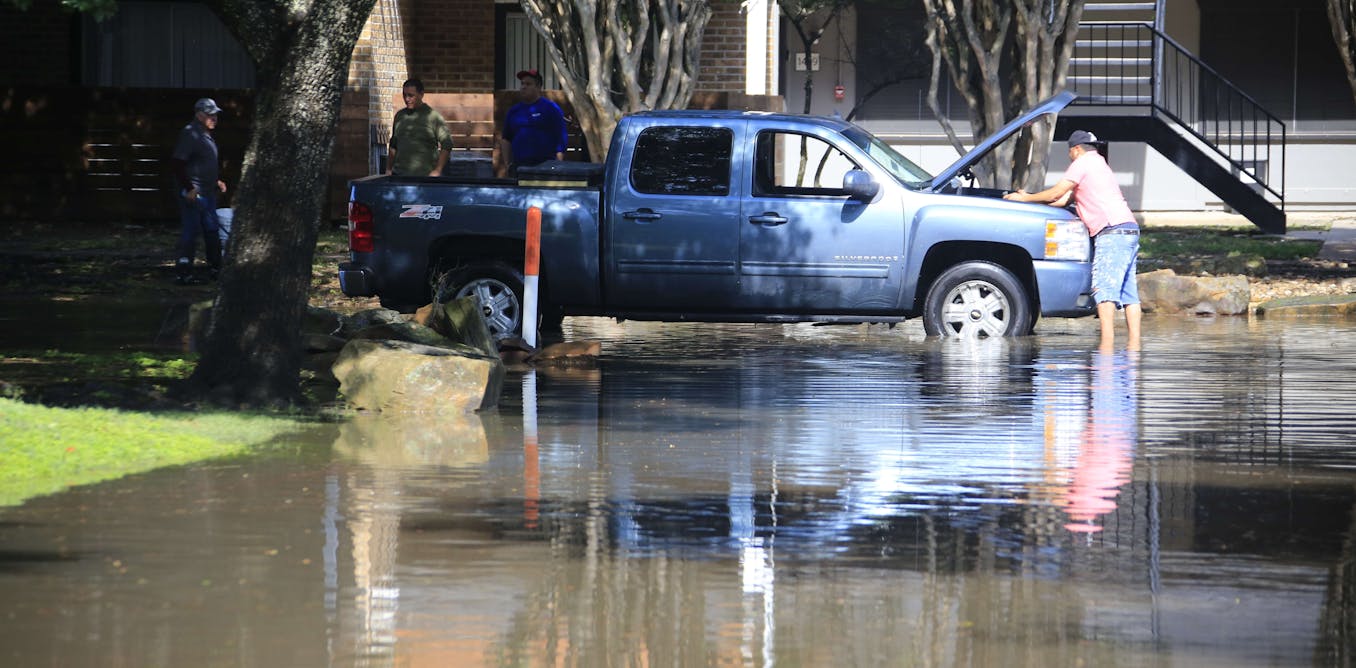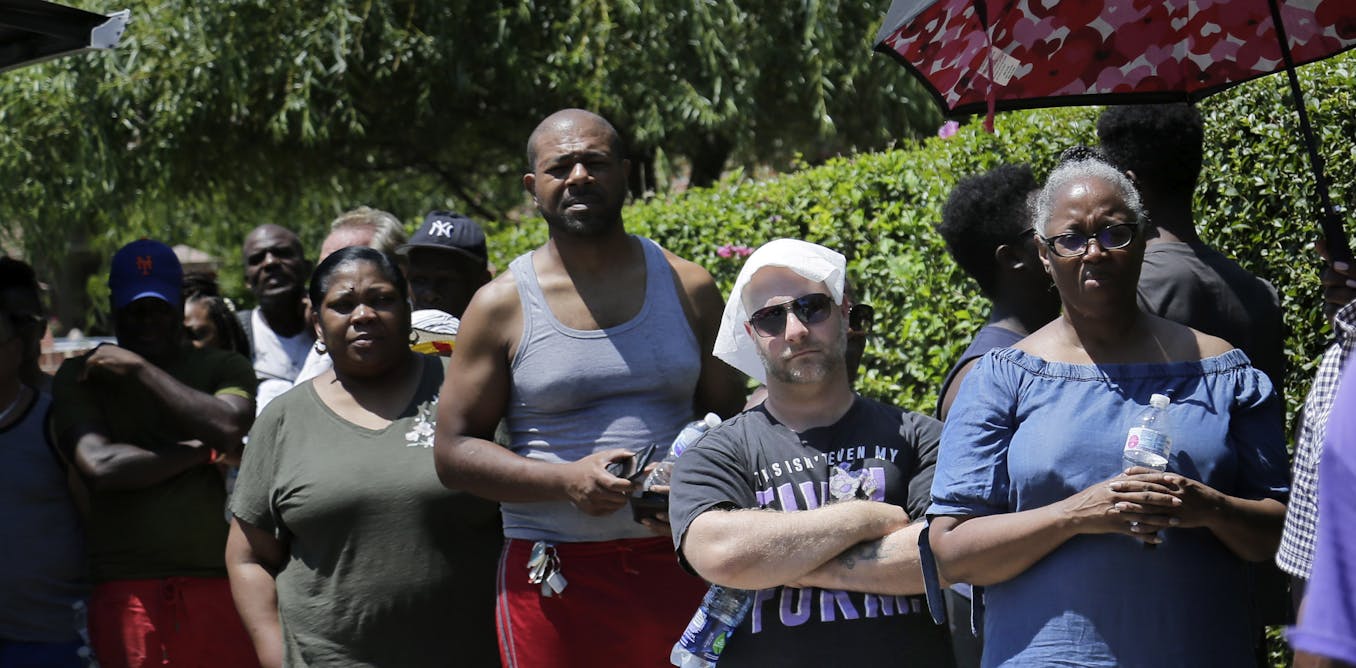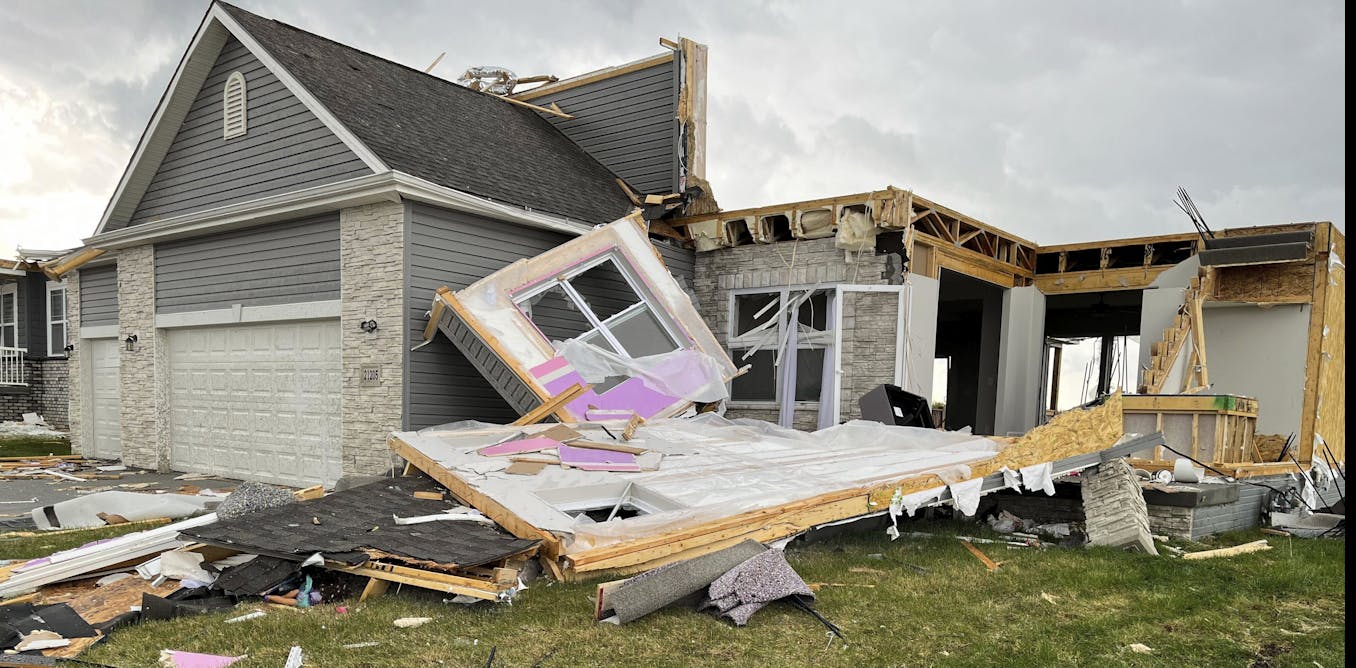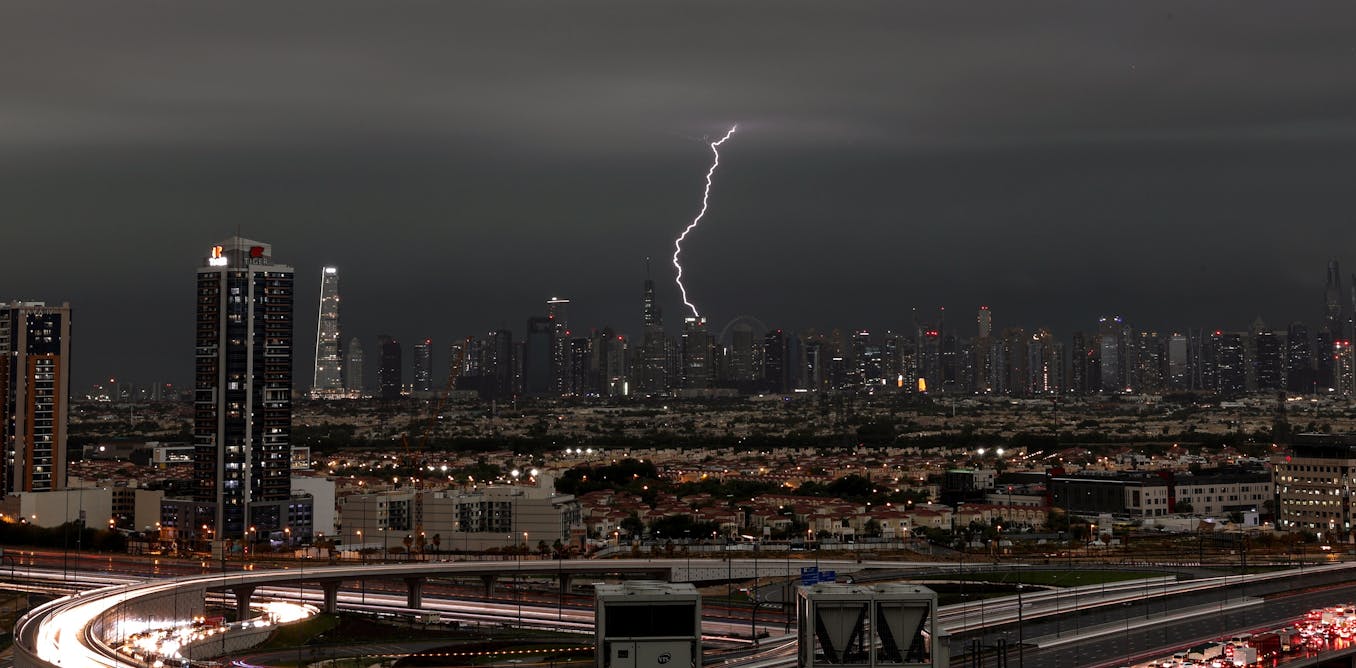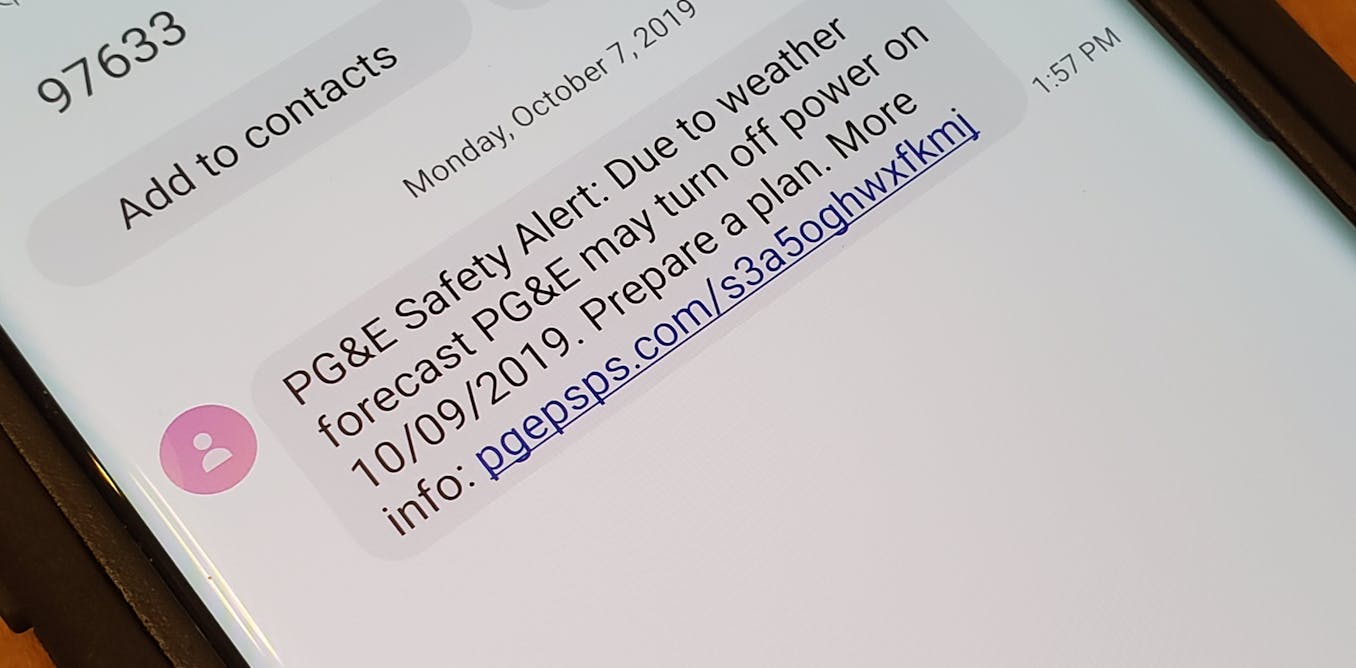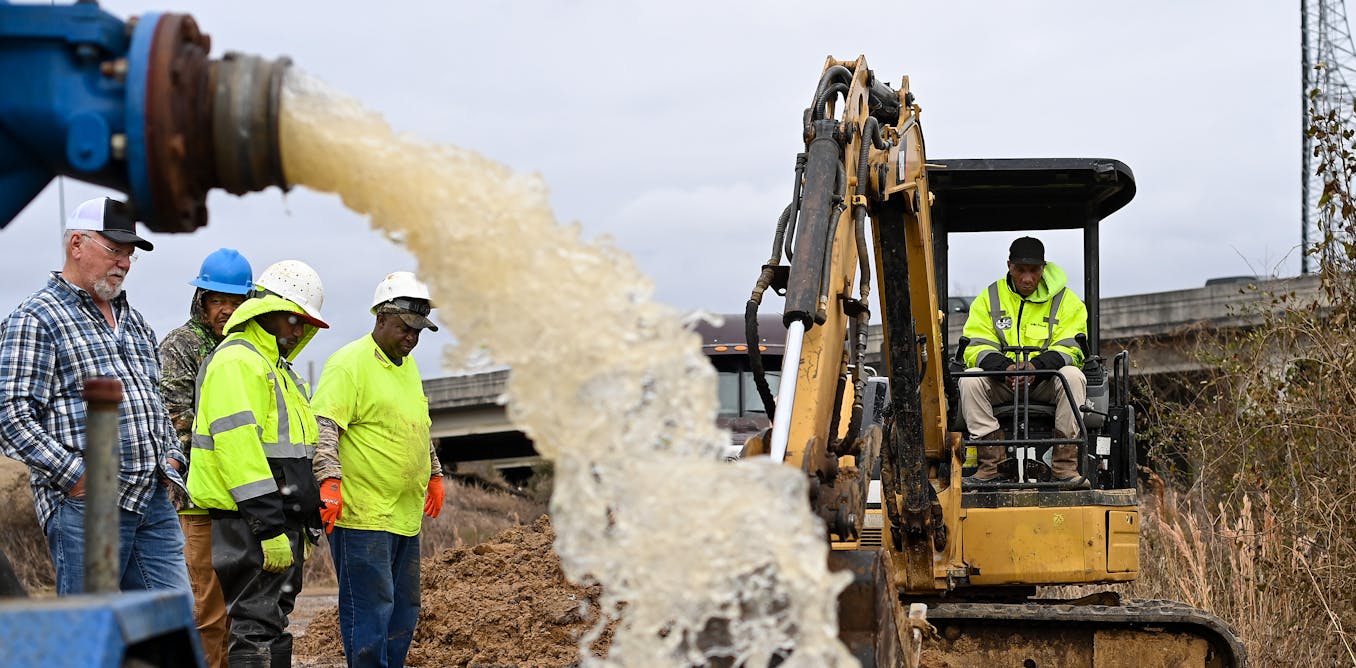La Niña is coming, raising the chances of a dangerous Atlantic hurricane season – an atmospheric scientist explains this climate phenomenon
After a year of record-breaking global heat with El Niño, will La Niña bring a reprieve? That depends on where you live and how you feel about hurricanes.
May 9, 2024 • ~7 min

